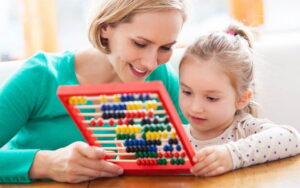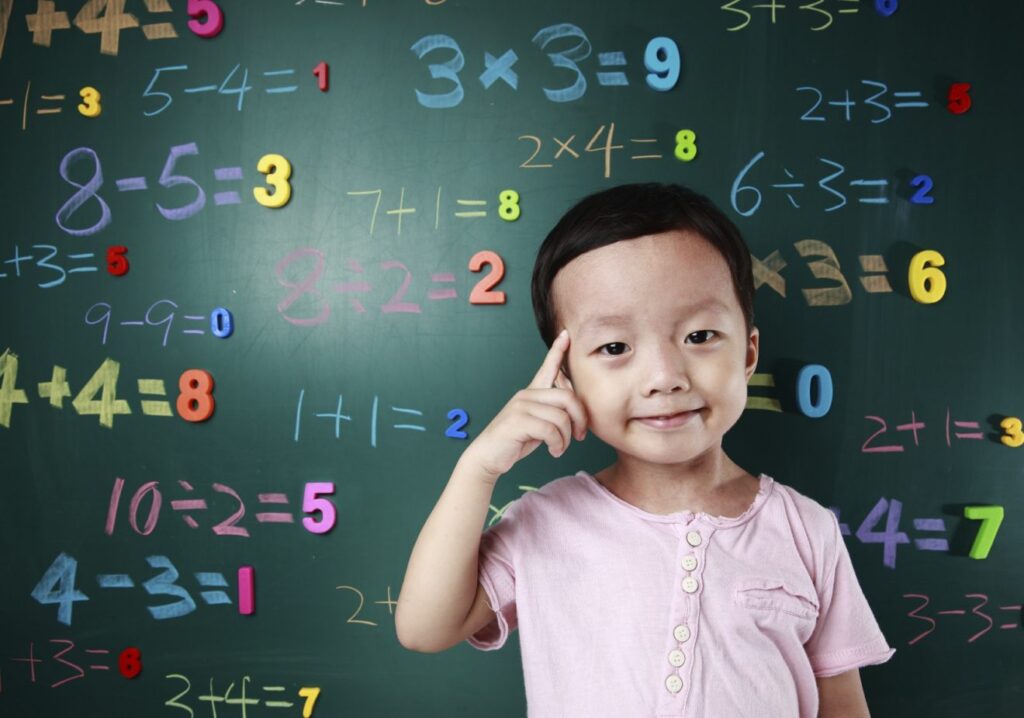Every person has the ability to think, but each of us is unique and has his or her own characteristics. There is hardly a person who can say with certainty that he was born with a love of grade 3 go math or numbers and integrals, or that he could conduct an orchestra from the first moments of his life. Nevertheless, there is a strong belief that people are born with a predisposition either to logic or to creativity. A person develops throughout life, and with the proper approach, anyone is able to master creativity or understand the world of mathematics.
Let us consider the concept of “ability” in the scientific literature, but in order to understand the complex problems of this theory, some fundamental issues of ability theory must be highlighted.
First of all, it is necessary to understand how psychology interprets the concept of “abilities” itself and its relationship to the process of forming a complete, fully developed personality.
The concept “abilities” is used by the teacher in a variety of combinations: “capable pupil”, “gifted pupil”, “talented pupil”, “this pupil has natural ability”, “he has great inclinations” etc. In didactics and methods of teaching mathematics including go math 4th grade we talk about creative, research, cognitive abilities, abilities to count or other types of mathematical activities.
Mathematical ability is a complex structural mental formation, which is a qualitatively peculiar whole. The concept of “mathematical abilities” includes:
1) The ability to acquire mathematical information. In more detail:
The ability to perceive formalized mathematical objects, namely, mathematical concepts, their relations, formulations of axioms, proofs of mathematical theorems, the content of mathematical problems and the like. It has been experimentally established that when solving mathematical tasks, students differently perceive already the “condition” of the task. The more capable ones correctly perceive individual elements of the problem, their complexes, the role of each element in the complex. Average pupils perceive individual elements and their complexes with difficulty. Weaker pupils perceive only the numerical material of the task.
2) The ability to be attentive, and when solving problems and perceiving proofs – the ability to concentrated attention. For perception of complex tasks, concentrated attention is often necessary.
The problem of abilities has been extensively studied and is studied by Russian psychologists.
One of the founders of this theory in our country was Rubinstein. He wrote: “Abilities are usually understood as properties or qualities of a person that make him suitable for the successful performance of any type of socially useful activity developed in the course of socio-historical development.
B.M. Teplov included three features in the concept of “abilities”: “Firstly, abilities are understood as individual-psychological features that distinguish one person from another… Secondly, abilities are not all, in general, individual features, but only those that have to do with the essence of performing some activity or many activities… Thirdly, the notion of “ability” is not limited to the knowledge, skills, or abilities a person has already acquired. The last point is controversial because knowledge, skills, and abilities already developed in students also require them to have certain abilities.
B.M. Teplov’s conclusion is very interesting: “It is not that abilities are manifested in activity, but that they are created in this activity.
In recent years, another approach to the concept of “abilities”, which is called functional-genetic (V.D. Shadrikov, E.P. Ilyin, etc.) has been formed.
B.M. Teplov’s statement is widely known: “Abilities do not exist before activity”. V.D. Shadrikov pointed out the internal contradiction of this statement: “If abilities do not exist before activity, then they cannot be used in activity, and if abilities are not only used in activity, but also develop in it, then they exist before activity.
And in conclusion we can say that it is never too late to start developing mathematical ideas, you just have to want to. After all, mathematics is not just a science, it is a significant part of our lives. It contributes to the success of learning, work, a person gets used to break down complex tasks into smaller, to keep the head and operate a large amount of information to cope with difficulties, to identify relationships of events. And all this can be useful in mathematics and in any other science.
